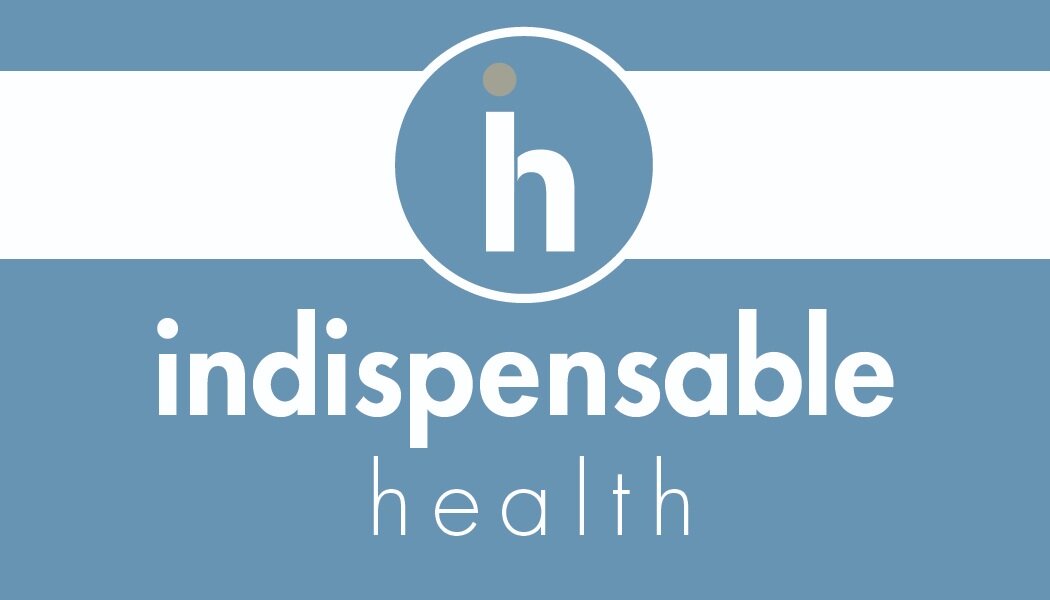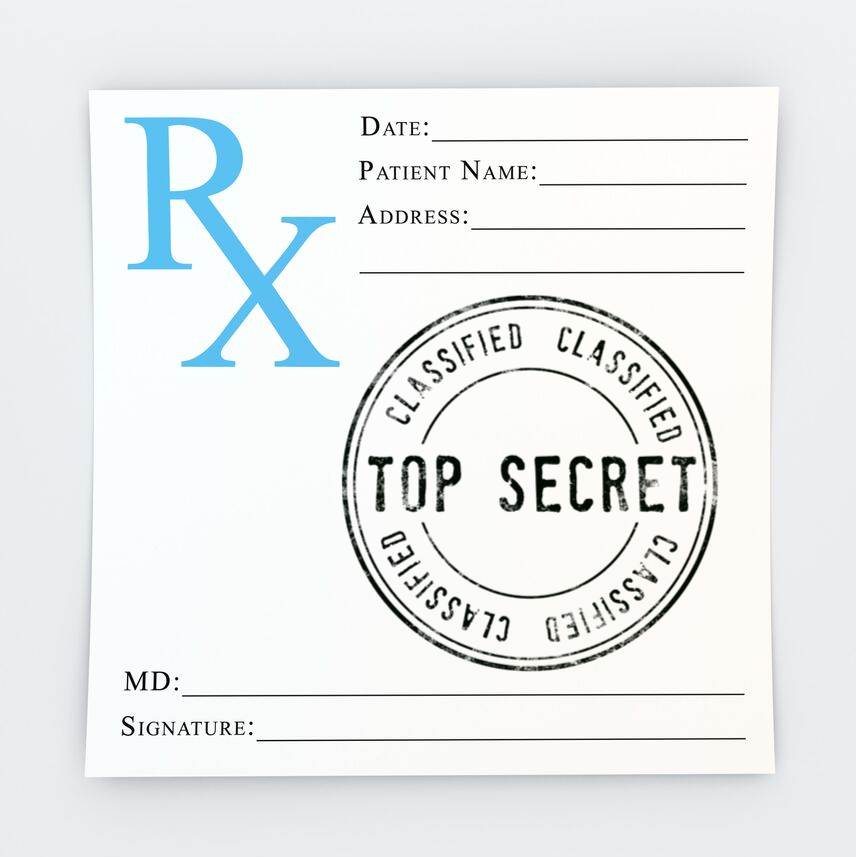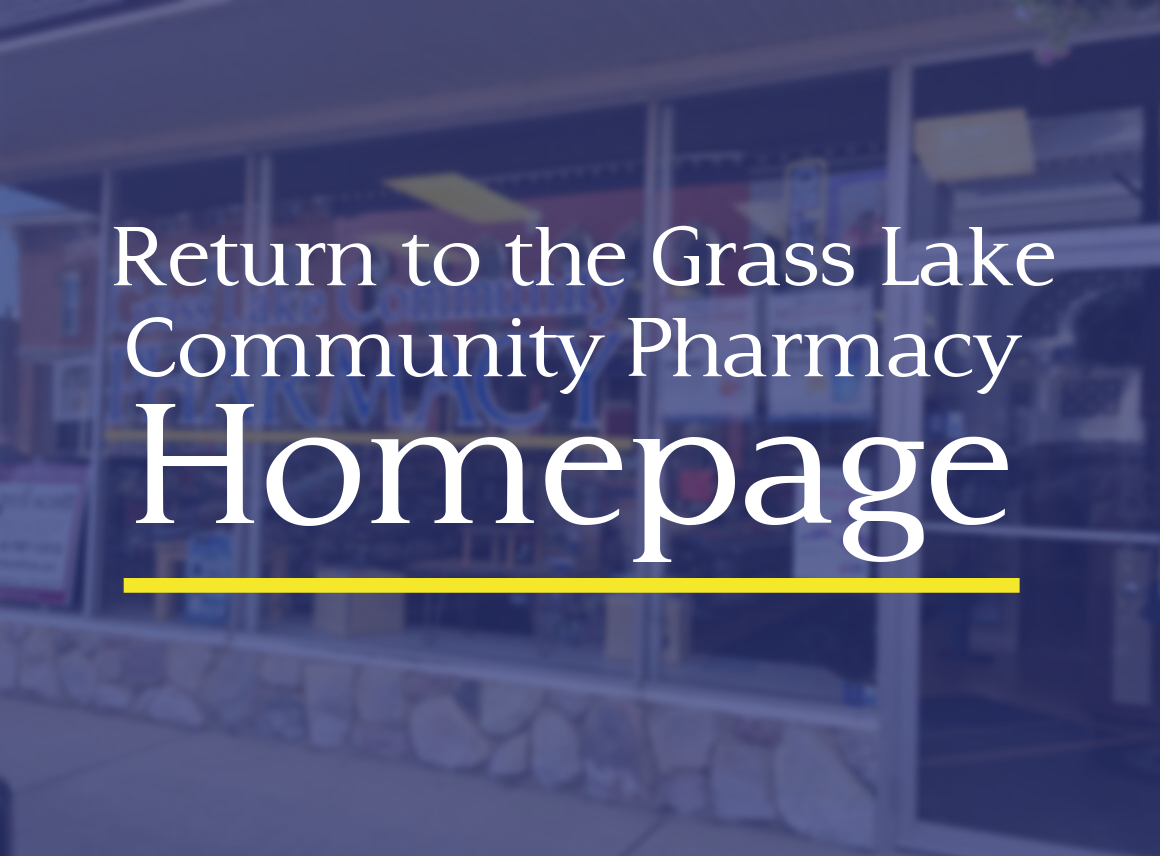Secrets in Prescriptions: 1. Everyone is Getting a Rebate Except For You
Secrets in Prescriptions
This is a series of posts about the Prescription Drug Industry. Like every industry, there are many details that are not obvious to the casual observer. This series is designed to shed light on some of those secrets. Even though the author has participated in the prescription drug industry for 35 years, I am willing to bet that some of the best secrets are still at the bottom of the ocean, just waiting to be revealed.
Secret #1: Everyone Gets a Rebate, Except You.
If you want to know why drugs cost so much, maybe it’s because there are so many people holding their hands out saying “if you want us to use your drug, I want a deal”. Let’s begin with making a list of people getting rebates.
Who is Getting a Rebate?
The Federal Government of the United States
The State Government (Michigan, etc.)
Your Pharmacy Benefits Managers (people like Express Scripts, Caremark, and many others)
Your Employer or union (if they are big enough)
Your Pharmacy’s Drug Wholesaler
Your Pharmacy’s Purchasing Group
Your Pharmacy
What is a Rebate?
Rebates can take all kinds of forms and have many different uses. Typically, they are given instead of a discount. For example, rather than giving the pharmacy a lower price, wholesalers will withhold a discount and make sure the pharmacy is buying enough from them to earn a discount. Once the pharmacy qualifies, they may get their discount after the fact, in the form of a rebate.
Most often, rebates (or are these kickbacks?) are given to organizations that don’t buy the drugs, but pay the pharmacies for dispensing certain drugs to patients. These rebates are used by the manufacturers to give an insurance plan an incentive to make their drugs the only one eligible on the list of drugs a patient can get.
Are Rebates Evil?
Maybe, maybe not. On the one hand, it must be giving the insurance company a better deal overall, or they would not accept it. But, is the best deal for the rest of the world? Let’s use a real life example, where the drug names are changed to protect the innocent, and the prices are similar, but not exact.
Example: Addamole is an expensive drug. It costs a patient, paying cash, about $800 at the pharmacy. But, there is generic Addamole, and it would cost the same patient $250 for the same amount at the pharmacy. Obviously, everyone wants to use the generic, right? Nope. Some plans, even the government run plans, get such a good rebate that the Brand Name is covered instead of the generic.
Why are Rebates Potentially an Issue?
Imagine if you buy and sell Addamole like a pharmaceutical wholesaler, or a pharmacy. You have to have to buy and carry both brand and generic (which is rare in the pharmacy industry). Yes, we know drugs are expensive, and buying a drug inventory is a cost of doing business (well, not for Pharmacy Benefit Managers or Insurance Plans), but no one wants to buy and carry both brand and generic Addamole, simply because of cost. So, every pharmacy carries the Brand name, at every strength, in addition to the less expensive generic because different insurance plans cover one. There are about 40,000 pharmacies in the U.S. That represents $168,000,000 of investment (conservatively calculated) across the nation in the pharmacies.
This type of rebate is replicated in different ways. But, the result of every rebate is that an individual entity will always be drawn to the deal that improves its own financial position. And that position, may be at odds with someone else in the system.
Today’s conclusion: our system of drug pricing is rarely ever fully determined by the invoice price. It’s also determined by the rebates given to the middlemen in the system to get them to use a specific product.
What Can You do as a Consumer?
As far as rebates go, there are not too many things you can do as a consumer. The reason is that neither you nor the pharmacy control these upstream rebates. Your pharmacy still has to pay full price for Brand Name Addamole. In fact, since most people have insurance, it is in your best interest that your insurance company gets a slice of the pie. Maybe it is keeping your premiums, copay’s, and deductibles lower. Or, maybe, if there was one low fair price available to everyone, all the time, the choice of drug therapy would be made based on what’s best for the patient, not what’s best for the insurance company, pharmacy benefits manager, or government. Maybe, sensible pricing practices would lower the costs of healthcare in the United States.




